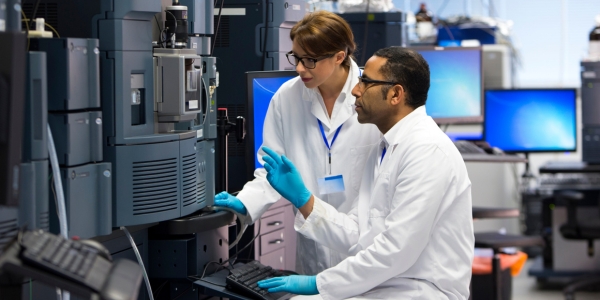International regulatory recognition in the UK

On 7th March 2023, the Medicines and Healthcare products Regulatory Agency (MHRA) advisory group proposed a significant regulatory reform. [1] Its proposal is to build "… on current product recognition routes from the EU, [and to] rapidly explore building a UK product regulation equivalence route for the approvals of medical devices to include other trusted jurisdictions such as the US for a greater proportion of products."
MHRA quickly followed this with an announcement in May [2] that they "will launch a consultation into international recognition of medical devices by October." (In these announcements, regulatory recognition is the same as product regulation equivalence.) In the run-up to October's consultation, it is worth considering the concept of regulatory recognition. What does recognition mean for UK patients and for the HealthTech industry in the UK?
In its paper on regulatory reliance models, [3] the World Health Organization defines regulatory recognition as "the routine acceptance by the National Regulatory Authority (NRA) in one jurisdiction of the regulatory decision of another NRA or other trusted institution. Recognition indicates that evidence of conformity with the regulatory requirements of country A is sufficient to meet the regulatory requirements of country B."
MHRA already accepts EU regulatory decisions [4] and plans to continue recognition until at least 2030. [5] Continued recognition of the CE marking after 2030 would provide UK patients with a more stable supply of medical devices and in vitro diagnostics medical devices (IVDs). It also provides the HealthTech industry in the UK with a stable and predictable way of accessing the EU market.
The Australian Therapeutics Goods Administration (TGA) allows registration of products using “overseas evidence”. This includes relevant approvals in the EU, US, Canada and Japan. [6] Singapore's Health Sciences Authority (HSA) recognises approvals in the EU, US, Australia, Canada and Japan. [7]
Some aspects of recognition of US Food and Drug Administration (FDA) authorisations may need to be aired and resolved. For example, neither the TGA nor HSA accept devices that are 510(k)-exempt. Some medical devices and IVDs that use the 510(k)-exempt route may not be self-declared in the proposed MHRA classification. These products might therefore need some additional scrutiny before registration in the UK.
The MHRA consultation [8] stated that it will go beyond the EU approach to equivalence. This may be at odds with the reliance on predicate devices in the 510(k) route; however, the use of post-market surveillance data and real-world evidence could help to mitigate these concerns.
Regulatory recognition of US authorisations could further improve the availability of HealthTech for UK patients. It could also ensure an even wider market for industry in the UK.
Alongside regulatory recognition, MHRA continues to prepare for a sovereign regulatory route for UKCA marked devices that are developed and manufactured in the UK.
The UK review of regulatory recognition will begin with the planned consultation by October. It is worth considering how recognition can have a positive impact on the HealthTech industry in the UK and improve patient safety.
[1] https://www.gov.uk/government/news/advisory-group-reform-proposals
[3] WHO Drug Information Vol. 30, No. 4, 2016. Collaboration, not competition: developing new reliance models. Available from: https://apps.who.int/iris/handle/10665/331005
[4] https://www.gov.uk/guidance/medical-devices-how-to-comply-with-the-legal-requirements
The Compliance Navigator blog is issued for information only. It does not constitute an official or agreed position of BSI Standards Ltd or of the BSI Notified Body. The views expressed are entirely those of the authors.

